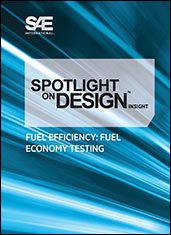Training / Education
Big Data Analytics for Connected, Autonomous Vehicles and Smart Cities
There is a growing interest in the concept of a smart city and how these advanced technologies will improve the quality of living and make a city more attractive to visitors, commerce and industry. This course fills an unmet need for defining and explaining the relationship between connected and autonomous vehicles (CAVs) and smart city transportation. It is apparent that CAVs will achieve the best results when integrated with current and emerging urban infrastructure for transportation. This course addresses such integration from technology, organizational, policy and business model perspectives.



